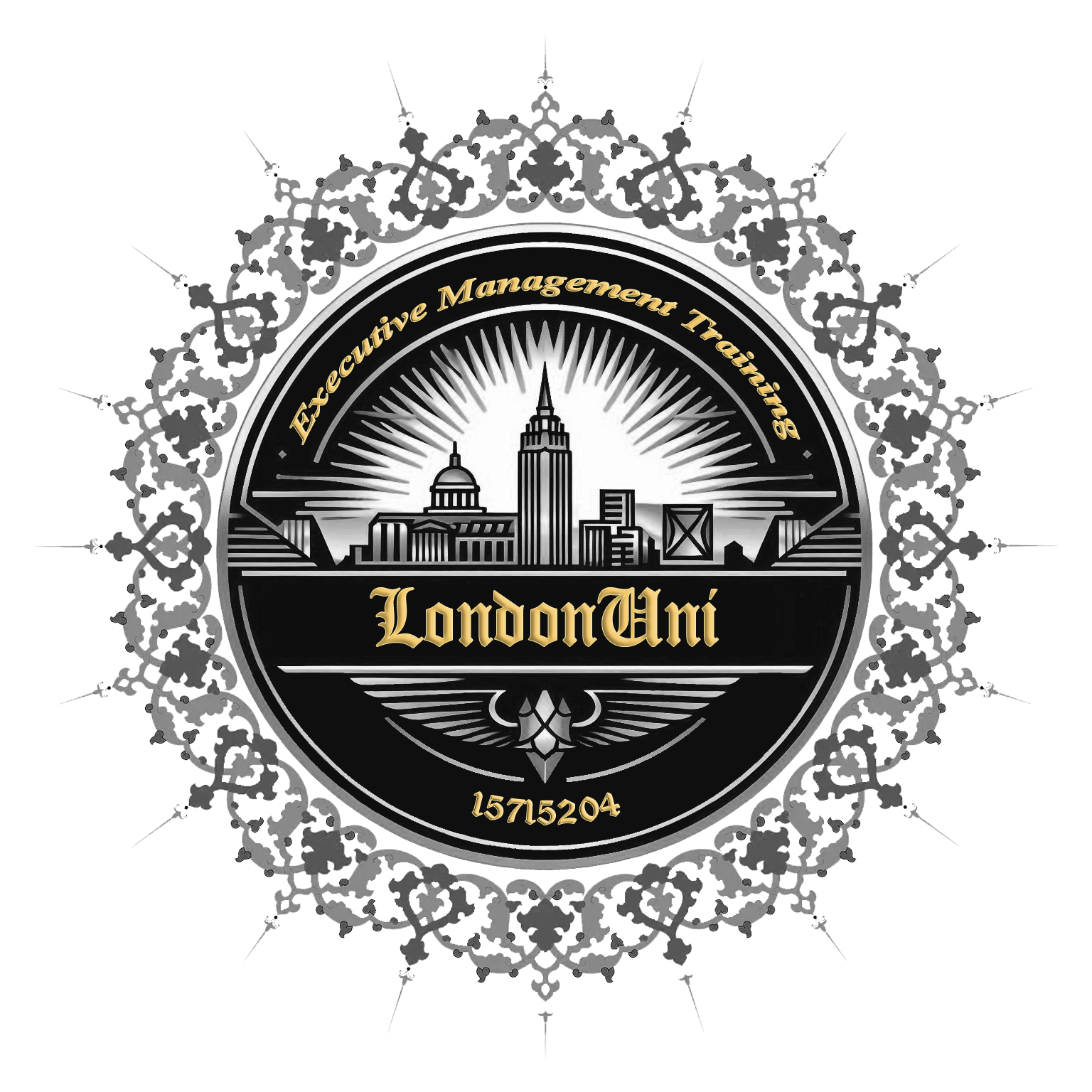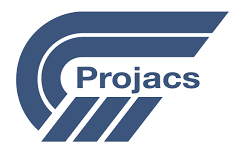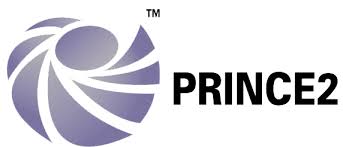Day 1:
Foundations of Institutional Performance Indicators
Introduction to performance indicators and their significance in organizational success.
Understanding key metrics: operational efficiency, employee engagement, and productivity.
Exploring the relationship between organizational goals and individual performance.
Practical exercises: Identifying and prioritizing key performance indicators.
Day 2:
Transitioning into Leadership
Understanding the roles and responsibilities of new managers.
Developing a leadership mindset: From individual contributor to team leader.
Communication techniques for managing up, down, and across the organization.
Building trust and credibility within the team.
Day 3:
Driving Performance through Data-Driven Decision Making
Utilizing performance indicators to assess team performance and identify gaps.
Setting SMART objectives aligned with organizational priorities.
Leveraging data to make informed decisions and solve complex challenges.
Case study: Translating performance data into actionable strategies.
Day 4:
Managing Teams for Optimal Performance
Motivation and engagement strategies to boost team morale.
Conflict resolution techniques for handling workplace disputes effectively.
Creating accountability and fostering a results-driven team culture.
Practical tools: Performance reviews and feedback mechanisms.
Day 5:
Sustaining Leadership Success
Adapting to change and managing resistance within teams.
Strategies for continuous improvement and professional growth.
Building resilience and emotional intelligence as a leader.
Final workshop: Developing a personalized action plan for leadership success.























































